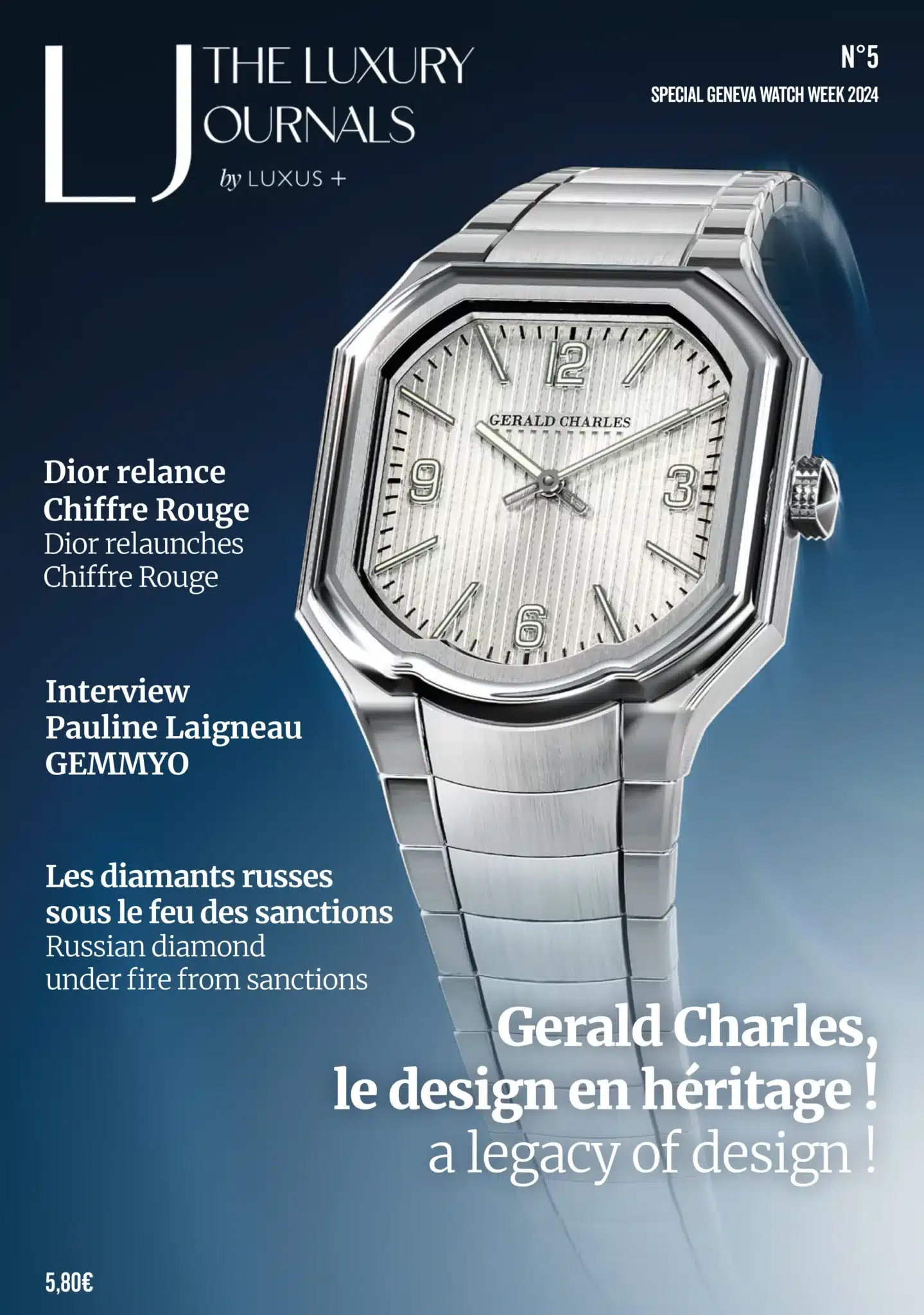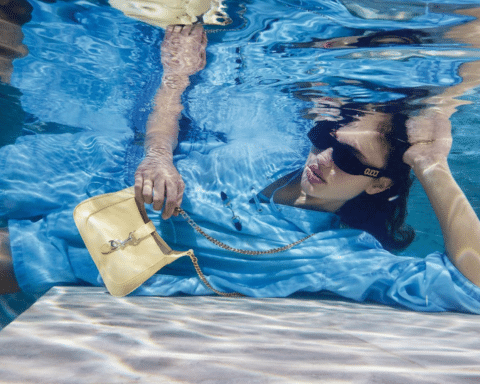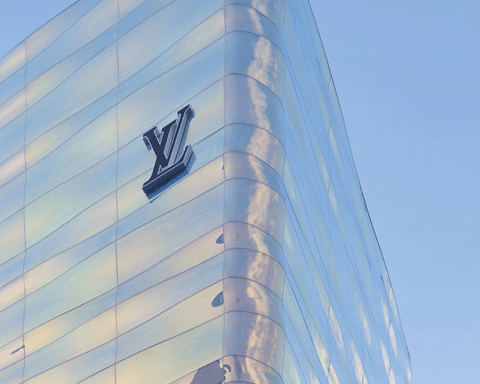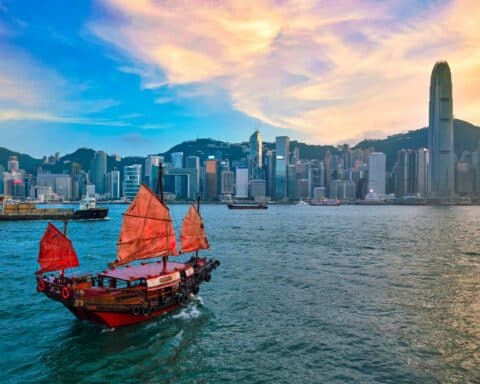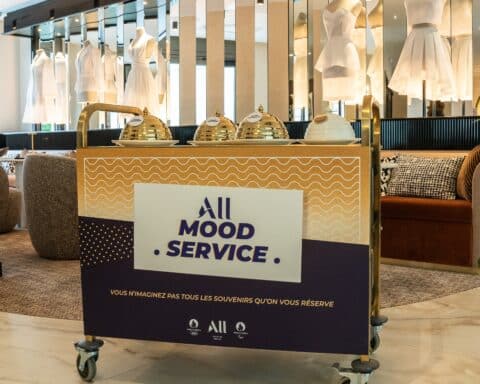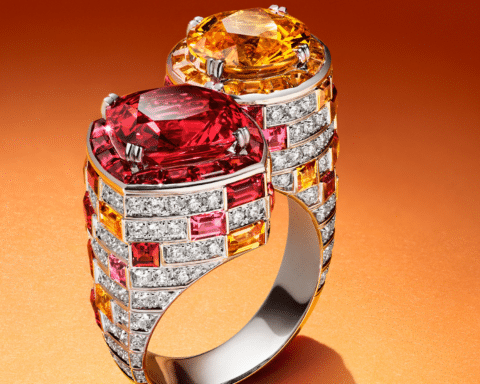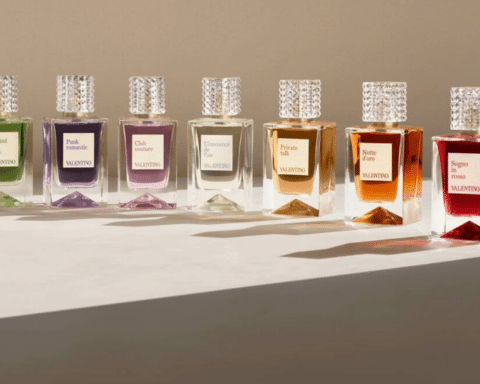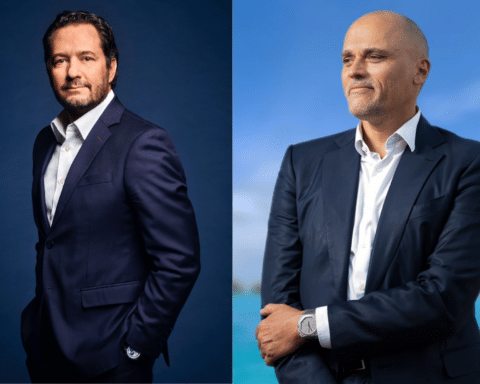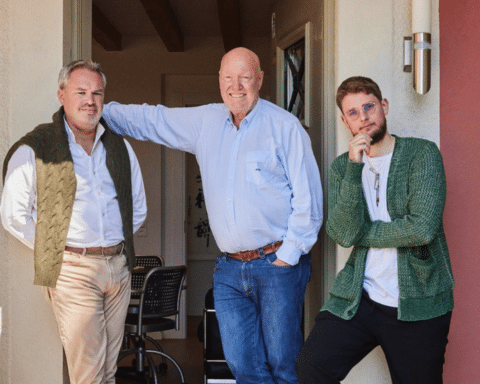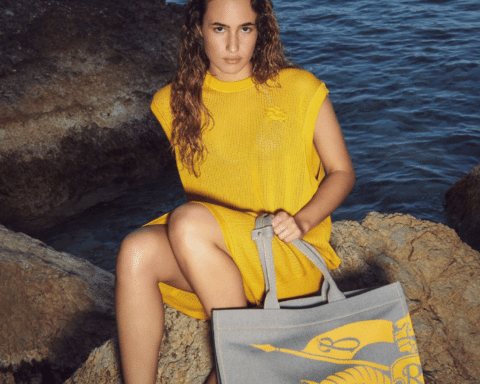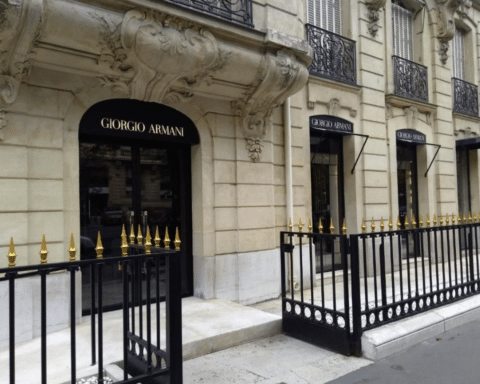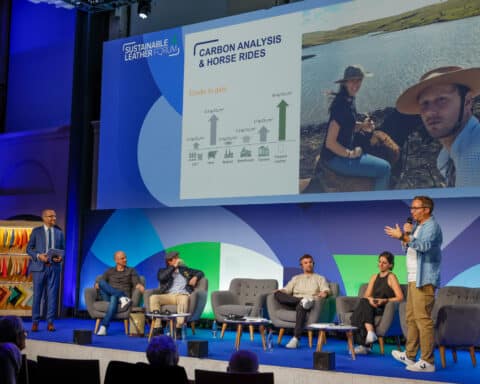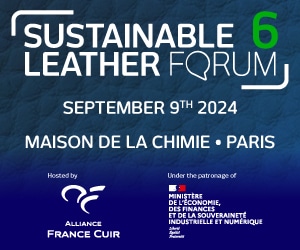Frédéric Galinier has been deputy director in charge of professional and institutional representation for the Federation of Haute Couture and Fashion since 2016. This institution works in particular for a more sustainable and responsible fashion by implementing devices and methods developed with and for its members.
On March 9, the Legal Assizes of Fashion, Luxury, and Design took place, organized by Lexposia, a consulting agency specializing in law. The 4th edition will be held on March 14, 2024.
During this study day, Luxus plus had the opportunity to talk with Frédéric Galinier.
How does your Federation encourage brands to integrate CSR into their governance and business practices?
We have a number of tools at our disposal. We are a professional organization as well as an event organization that coordinates the calendars of Paris Fashion Week® and the Semaines de la Haute Couture. We bring our members together to work on collective issues and have an innovation/sustainable development commission chaired by Pascal Morand, the Federation’s Executive Chairman.
Within the framework of this commission, we accompany all the regulatory reforms on the national and European levels with our members. We participate in various experiments, particularly in the context of a future obligation to display the environmental and social performance of textile articles of clothing implemented by the government in the context of the Climate and Resilience law voted in 2021. We have been voting members of the European Commission’s PEF (Product Environmental Footprint) Technical Secretariat for several years, which must also define a method for calculating a product’s environmental footprint. What is particularly important for companies in our sector is to make people understand the concept of sustainability, which is not only physical. A strong emotional aspect is also linked to the use of products resulting from creation or know-how!
We are very committed to these issues and have developed two tools in collaboration with PWC and co-financed by the DEFI.
These are eco-design and environmental footprint measurement tools for events such as fashion shows and collections. We offer them to our members, which allows them to measure the environmental footprint of their fashion shows but also to go even further by evaluating the circularity of everything used during a fashion show, such as ensuring the traceability of each square centimeter of carpet!
How can luxury brands be more transparent?
Today and on a general level, regulatory initiatives, both at the French and European levels, are pushing for such measures. Brands are fully invested in experimentation. They are testing and innovating to achieve this. With regard to working conditions in their value chain, the major creative and luxury brands have been monitoring their relationships with their distributors and subcontractors for years. They have implemented charters and control mechanisms and have visibility over their value chain, which is increasingly under the impetus of European directives.
To what extent can second-hand help reduce the fashion industry’s environmental impact?
In my opinion, second-hand is an integral part of circularity, which was enshrined in the AGEC law (ed. note: anti-waste law for a circular economy) in 2020. It prohibits the destruction of unsold goods and leads to their reuse or recycling. The second hand is a product that has been sold and that, instead of being destroyed if you want to get rid of it, can have a new life, and this is totally in line with the concept of sustainability. A luxury product will be thrown away less than passed on within a family for its emotional value or in a second-hand network because of its patrimonial value. For us, the important thing is that the products live a long time.
Can second-hand coexist with the traditional business models of luxury brands? Or is it a threat to their profitability?
There is no reason for it to scare them; quite the contrary. It also allows some consumers to access luxury products when their resources would not normally allow it. Moreover, there are no difficulties other than the classic reservations about counterfeits that can slip into these distribution networks. Moreover, we now see that a certain number of Houses are organizing the recovery and resale of their own products themselves. For example, I am wearing an APC jacket from their recycled products boutique in the Marais, which I bought at a rather reasonable price.
How does the Haute Couture and Fashion Federation see the future in the context of increasing pressure for more sustainable and responsible production?
We look to the future with a certain amount of enthusiasm since most of our members did not wait for all these regulations or the climate emergency to raise their social standards.
Moreover, the majority of production is European, with rather high standards, and initiatives have been launched for a number of years, both by large groups and by independent but iconic brands. The young generation of emerging brands is resolutely committed to these issues.
We recently launched a working group dedicated to displaying the social performance of products, even though the public authorities have not yet set up such an experiment. We are going to work on all the classic social items, well-being at work, gender parity, minimum wages, etc. More and more companies are also working on these responsible commitments and are implementing very interesting and innovative initiatives that will feed into our discussions, which we may be able to report on at a future edition of the Legal Forum on Fashion and Luxury!
Read also > Training, traceability, environmental impact,…: what will change for the fashion and luxury industry
Featured photo : © Press


